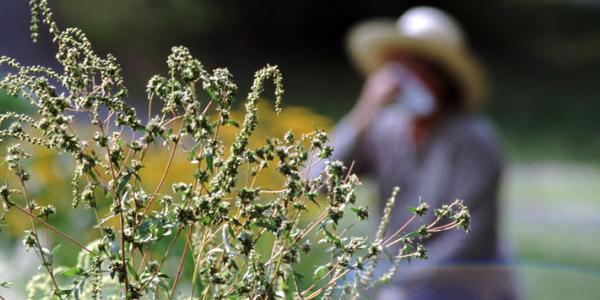


Hay fever is a common ailment for millions of people every year. So much so that about 50 million individuals suffer from various allergies every year. Northern California faces particularly high levels of grass pollen, so you may encounter runny noses and itchy eyes as Spring hits. And although allergy season isn’t necessarily preventable there are still ways to manage your allergies and make the season enjoyable.
Medicine: For mild to moderate symptoms, try over the counter antihistamines to relieve temporary symptoms. If your symptoms are more severe or persist for more than a week or two, talk to your doctor. Depending on the severity of your symptoms, your doctor may recommend visiting an allergist for further testing to determine the right treatment.
Bed covers: A great way to prevent common allergy triggers (such as pollen and dust) is to put special anti-allergy covers on your pillows and blankets. Allergy bed covers are easy to find at most home supply stores.
Pet care: Pets like cats and dogs often carry dander, pollen and dust that can trigger allergies. If you struggle with allergies, bathe pets frequently and keep them within designated areas of your home to help contain the spread of allergens.
Hygiene: Shower frequently to wash off any pollen you might have picked up throughout the day. Pollen, dust and dander stick easily to clothes, furniture and bedding.
Laundry: Frequently wash clothing and bedding in hot water. Look for laundry detergents that contain ingredients that specifically combat dander and other allergy triggers.
While there are ways to make allergy season a bit easier, it's a seasonal nuisance that can’t be avoided completely. Allergies can be difficult to live with, especially at the height of spring and hay fever season. Try some of these tips and speak with your doctor if you experience new or particularly severe allergies.
This article first appeared in the April 2021 edition of the HealthPerks newsletter and was updated in August 2023.

Identify your risk factors and what to do if you are at risk.